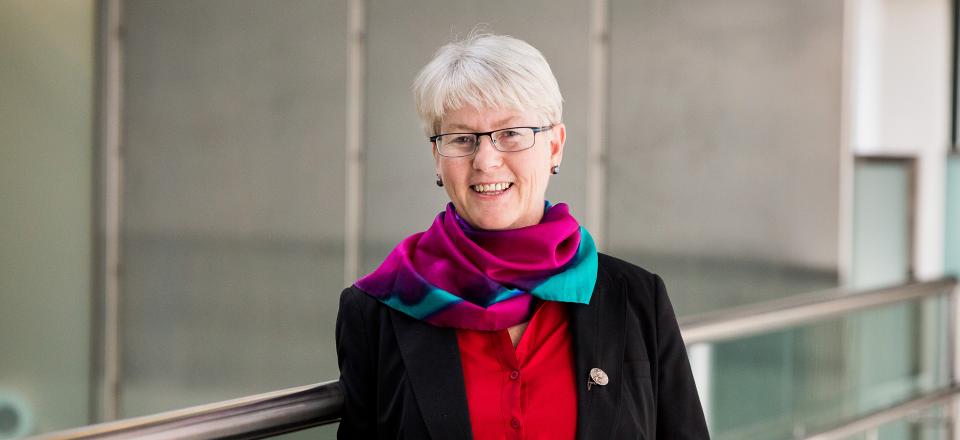Bio21 Tilley team wins the Eureka Prize for Infectious Diseases Research 2016

31 August 2016
The team, led by Professor Leann Tilley and also includes Dr Nick Klonis, Associate Professor Julie Simpson and Associate Professor James McCaw has won the Infectious Diseases Research prize for its work on resistance to artemisinin, the most commonly used frontline malaria treatment.
Professor Tilley said artemisinin resistance is looming as a major global health crisis, with the World Health Organisation confirming multi-drug resistance in five countries: Thailand, Laos, Myanmar, Vietnam and Cambodia.
“Malaria already kills nearly half a million children each year,” Professor Tilley said.
“As multi-drug resistance spreads, we risk wiping out the gains the world has made in fighting the disease, with potentially catastrophic results for children living in South-East Asia — as well as Africa, where the disease is endemic.”
The multidisciplinary team draws together experts from the University’s Bio21 Molecular Science and Biotechnology Institute, School of Mathematics and Statistics and School of Population and Global Health to understand how malaria parasites become resistant:
-
Professor Tilley — the biochemistry and cell biology of malaria
-
Dr Nick Klonis — computational biology
-
Associate Professor Julie Simpson — synthesising and translating mathematical modelling data
-
Associate Professor James McCaw — mathematical biology
“This has led us to a new line of drug discovery, and we’re looking at libraries of compounds developed as anticancer agents to try to find a drug that specifically targets the malaria parasite.”
The team also developed a mathematical model that predicts how sensitive and resistant parasites respond to the drug in patients.
Tilley noted that the Math/ Biology interface is critical to solving major health problems. It is very important for students to keep studying Mathematics to feed into the pool of researchers with these skills.
“Our model predicts that extending the current 3-day treatment to 5 days would restore the efficacy of artemisinin against resistant parasites,” Professor Tilley said. “This could buy us time to develop new antimalarials.”
More information/media enquiries contact:
Elisabeth Lopez (Media Advisor) | 0411 758 984 | elopez [at] unimelb.edu.au

